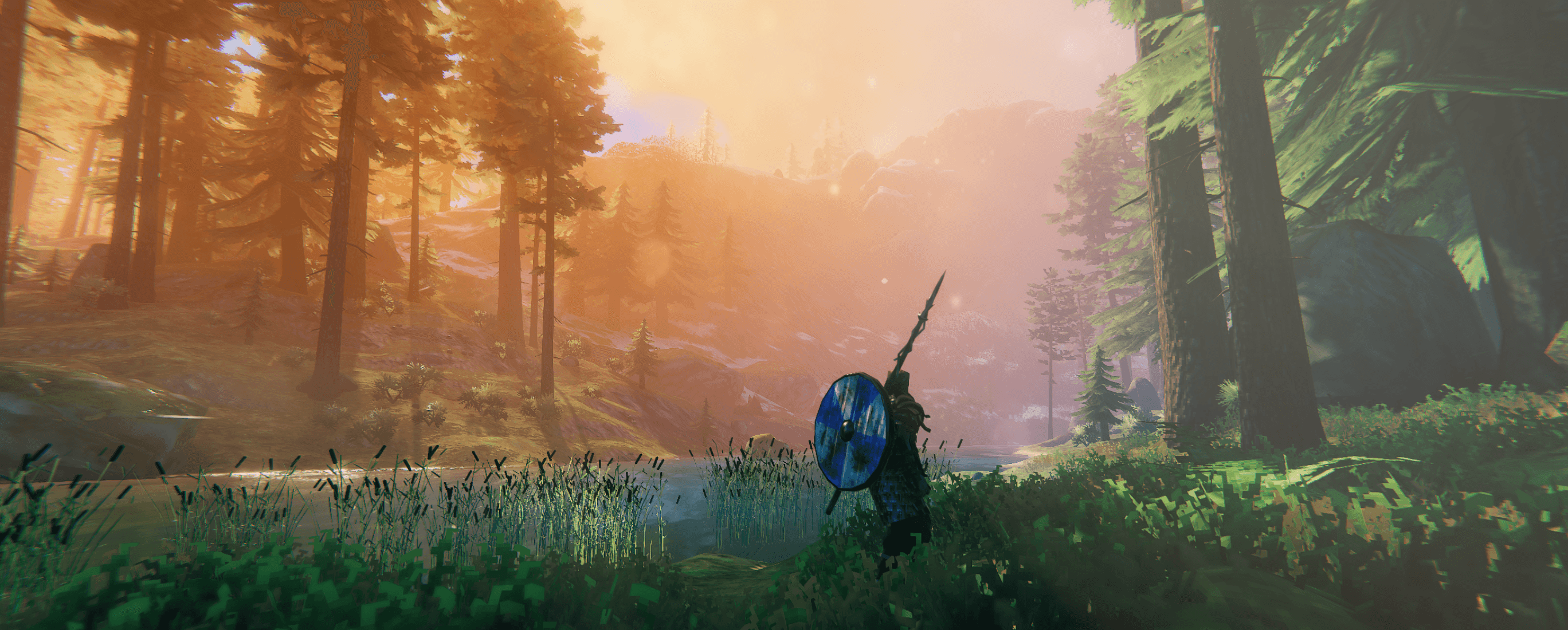
 Christopher R. RiceJan 23, 2024
Christopher R. RiceJan 23, 2024The video game development industry, known for its dynamic and innovative environment, has recently been facing a significant challenge: layoffs. This trend has raised concerns about job security, company sustainability, and the future of game development. Riot Games laid off a ton of staff lately. And almost 1/3 of devs say they were laid off in 2023. (Here’s a list if you’re interested.)
Layoffs in the video game industry are not a new phenomenon, but the scale and frequency have escalated in recent years. These layoffs are often the result of various factors such as economic downturns, shifts in consumer preferences, company restructuring, or out and out greed. The COVID-19 pandemic, for instance, played a significant role in exacerbating financial strains on many companies, leading to cost-cutting measures including layoffs.
One primary factor contributing to layoffs is the cyclical nature of the video game industry. Game development projects often have a start and an end, and upon completion, there may not always be immediate new projects to transition the team onto. This project-based structure can lead to periods of hiring booms followed by layoffs when a project wraps up, especially if the next project is delayed or cancelled.
Another critical factor is the rapidly changing technology and consumer trends in the gaming industry. As companies strive to remain competitive and innovative, there is a continuous need to adapt to new technologies such as virtual reality, augmented reality, and artificial intelligence. This evolution can render certain skills obsolete and lead to restructuring, where companies lay off employees whose skills no longer align with the new direction.
The financial models of gaming companies also play a role. Many companies rely heavily on the success of individual games, which can lead to financial instability if a game does not perform as expected. This hit-or-miss nature can lead to abrupt budget cuts and subsequent layoffs. Additionally, the increasing costs of game development have led to higher financial stakes for each project, sometimes resulting in staff reductions to balance budgets.
The impact of these layoffs extends beyond the immediate loss of jobs. They can have a profound effect on employee morale and the culture within the industry. The fear of job insecurity can lead to a decline in creativity and risk-taking, which are crucial in a field driven by innovation. Moreover, these layoffs can disrupt community and family life, as many developers are forced to relocate or change career paths.
On the brighter side, the video game industry is also known for its resilience and adaptability. Layoffs, while challenging, can sometimes lead to a redistribution of talent across the industry, spurring innovation in new areas. Many laid-off developers find opportunities in smaller studios or start their own companies, driving the indie game development scene.
Furthermore, these challenges have led to a growing conversation about the need for better job security and working conditions in the industry. There is an increasing push for unionization and better labor practices to protect workers from the instability of the industry.
Final Thoughts
While layoffs are a harsh reality of the video game development industry, they also catalyze change and adaptation. The industry's capacity for innovation and its passionate workforce suggest a resilient future. However, there is a growing need for improved labor practices to ensure the sustainability of the industry and the well-being of those who power it. One in which I agree. We need better mechanisms for dealing with end-of-job problems when making games as it puts some of our favorite people who just want to entertain us in dire straits every couple of years. No one should have to go through that. No one.

Play on Haptic
Try for free


